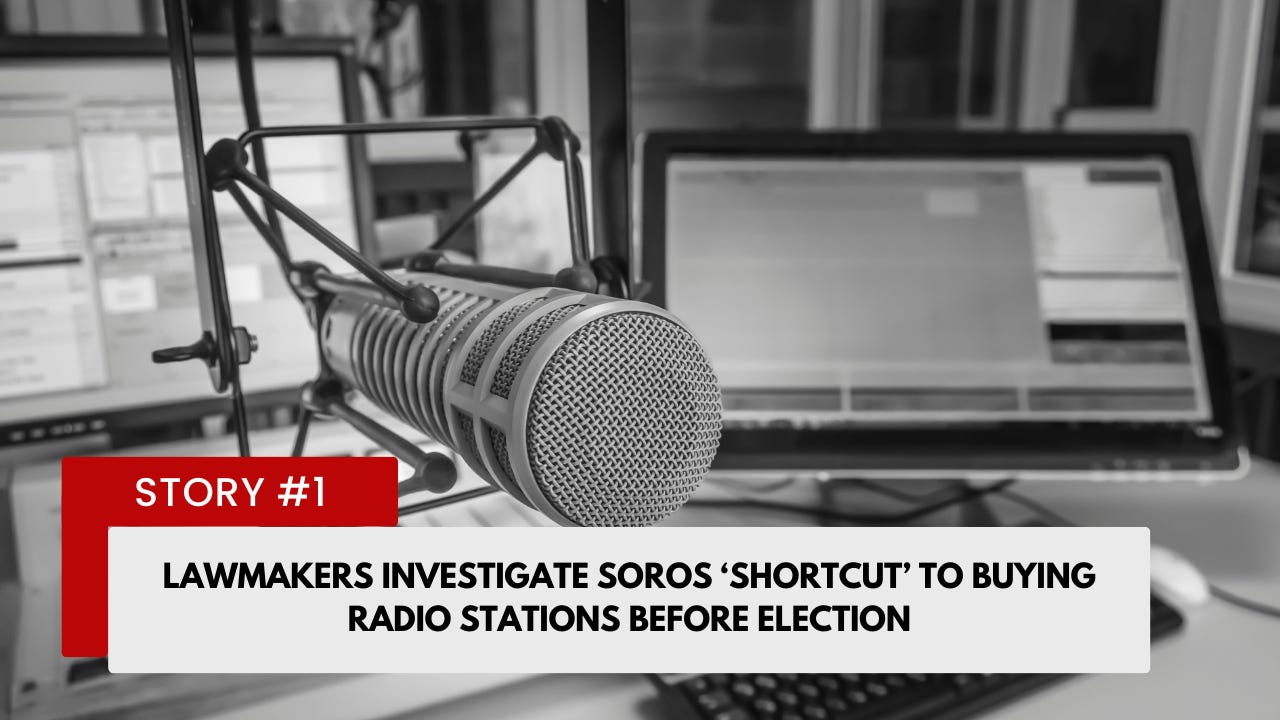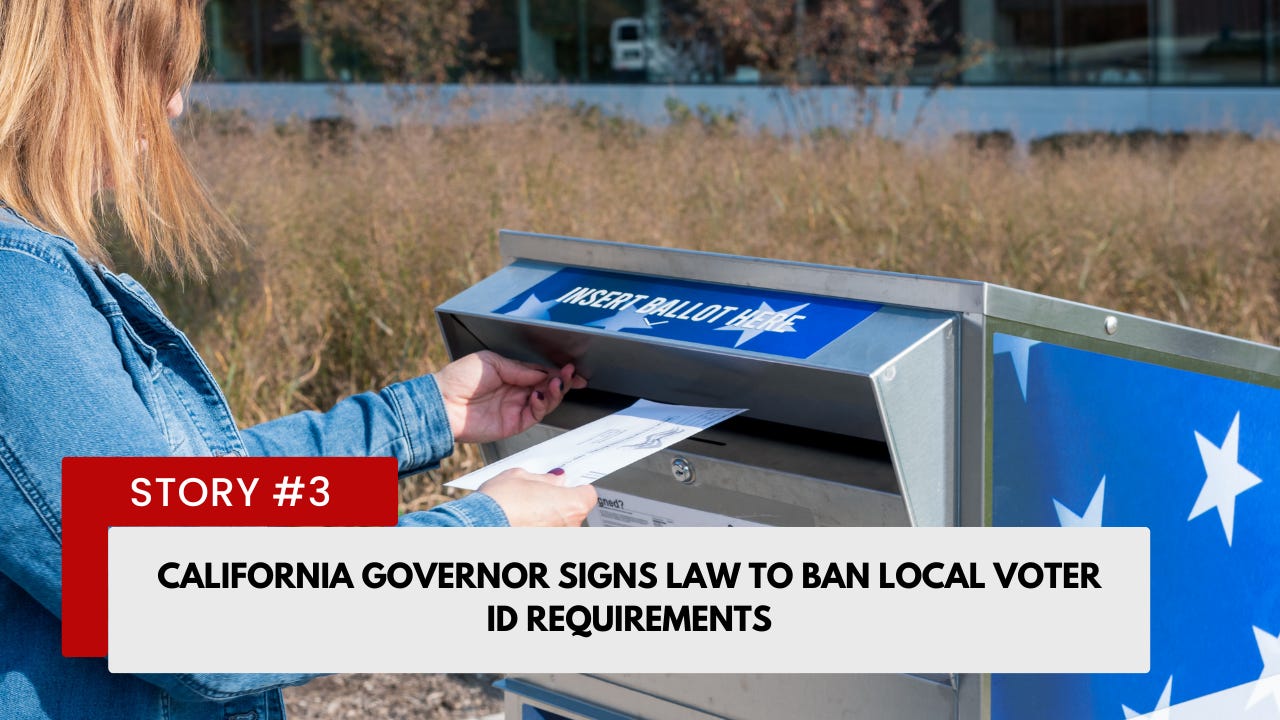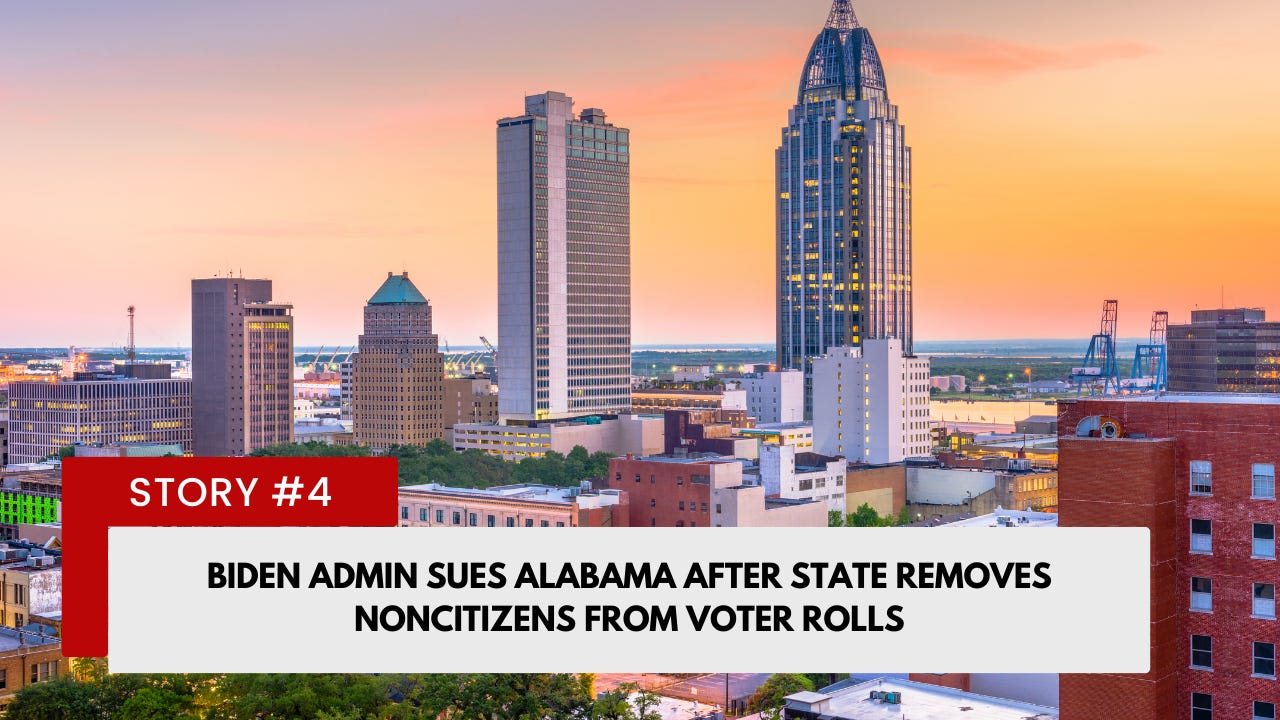I left my 25-year mainstream media career to bring you real, unfiltered stories. I’m dedicated to transparency and truth, but I need your support. Subscribe for $5 a month—you can cancel anytime.'


NEW YORK, NY - The U.S. House Oversight Committee is investigating why the Federal Communications Commission fast-tracked a deal that allowed a billionaire Democratic donor to buy a wide swath of American radio stations just weeks before the presidential election.
The major radio company Audacy Inc. fell into financial straits, but through a complex business deal Democratic mega donor and billionaire George Soros has gained control of the stations. Deals of this size require FCC approval, but in this case the FCC expedited the approval process.
FCC Commissioner Brendan Carr raised concerns about the deal at a Congressional hearing, telling lawmakers that “… the FCC is not following its normal process for reviewing a transaction.”
“We have established over a number of years one way in which you can get approval from the FCC when you have an excess of 25 percent foreign ownership, which this transaction does,” Carr said. ““It seems to me that the FCC is poised to create, for the first time, an entirely new shortcut.” Click here to read more.

LANSING, MIch - The union is abandoning its traditional members for new recruits in higher education, causing it to embrace left-wing causes its members don’t care about.
When the United Auto Workers called a strike vote against the carmaker Stellantis last week, it came as a surprise to many workers that the union was actually engaging in standard union activity. That’s because the UAW has increasingly given the impression that it cares as much or more about issues that don’t affect autoworkers, such as Israel’s war in Gaza and student-loan forgiveness. There’s a simple explanation: The union is abandoning its traditional members for new recruits in higher education.
“Auto Workers” may be in its name, but the “A” in UAW increasingly stands for “academic.” Click here to read more.

California Gov. Gavin Newsom (D) signed a bill into law on Thursday that bars local governments from enacting laws to require residents to show a valid form of identification in order to vote.
The law is a direct response to a ballot initiative approved by voters in the coastal California city of Huntington Beach. In March, 53.4% of residents voted to adopt a ballot measure that requires all residents who want to cast a ballot in municipal elections to show a valid ID. But the measure runs afoul of state law and, after it passed, California Attorney General Rob Bonta (D) and Secretary of State Shirley Weber (D) sued the city to block officials from enforcing it.
“The right to freely cast your vote is the foundation of our democracy and Huntington Beach’s voter ID policy flies in the face of this principle,” Bonta said in a statement at the time the lawsuit was filed. “State election law already contains robust voter ID requirements with strong protections to prevent voter fraud, while ensuring that every eligible voter can cast their ballot without hardship. Imposing unnecessary obstacles to voter participation disproportionately burdens low-income voters, voters of color, young or elderly voters, and people with disabilities.” Click here to read more.

The Department of Justice (DOJ) is suing the State of Alabama after it removed noncitizens from its voter rolls.
According to the DOJ, Alabama’s action was too close to election day. Alabama cannot remove voters from its registration list within 90 days of an election.
Assistant Attorney General Kristen Clarke of the Justice Department’s Civil Rights Division said in a press release that it is “critical that Alabama redress voter confusion resulting from its list maintenance mailings sent in violation of federal law.”
“Officials across the country should take heed of the National Voter Registration Act’s clear and unequivocal restrictions on systematic list maintenance efforts that fall within 90 days of an election,” Clarke explained. “The Quiet Period Provision of federal law exists to prevent eligible voters from being removed from the rolls as a result of last-minute, error-prone efforts. The Justice Department will continue to use all the tools it has available to ensure that the voting rights of every eligible voter are protected.” Click here to read more.

ERWIN, Tenn. — A K-9 who went missing during flooding caused by Hurricane Helene was found dead, WVLT reported.
Erwin Police Department‘s K-9 Scotty disappeared from the Bumpass Cove area, located about four miles west of Erwin, during the flooding, according to the report. Despite efforts to locate him, the department announced his death.
“Please pray for his handler and all who loved him,” the Erwin Police Department said in a statement.
Unicoi County experienced significant flooding that left dozens of people unaccounted for. More than 50 individuals had to be rescued from the roof of Unicoi County Hospital after becoming trapped due to rising floodwaters, according to the report. Click here to read more.




















